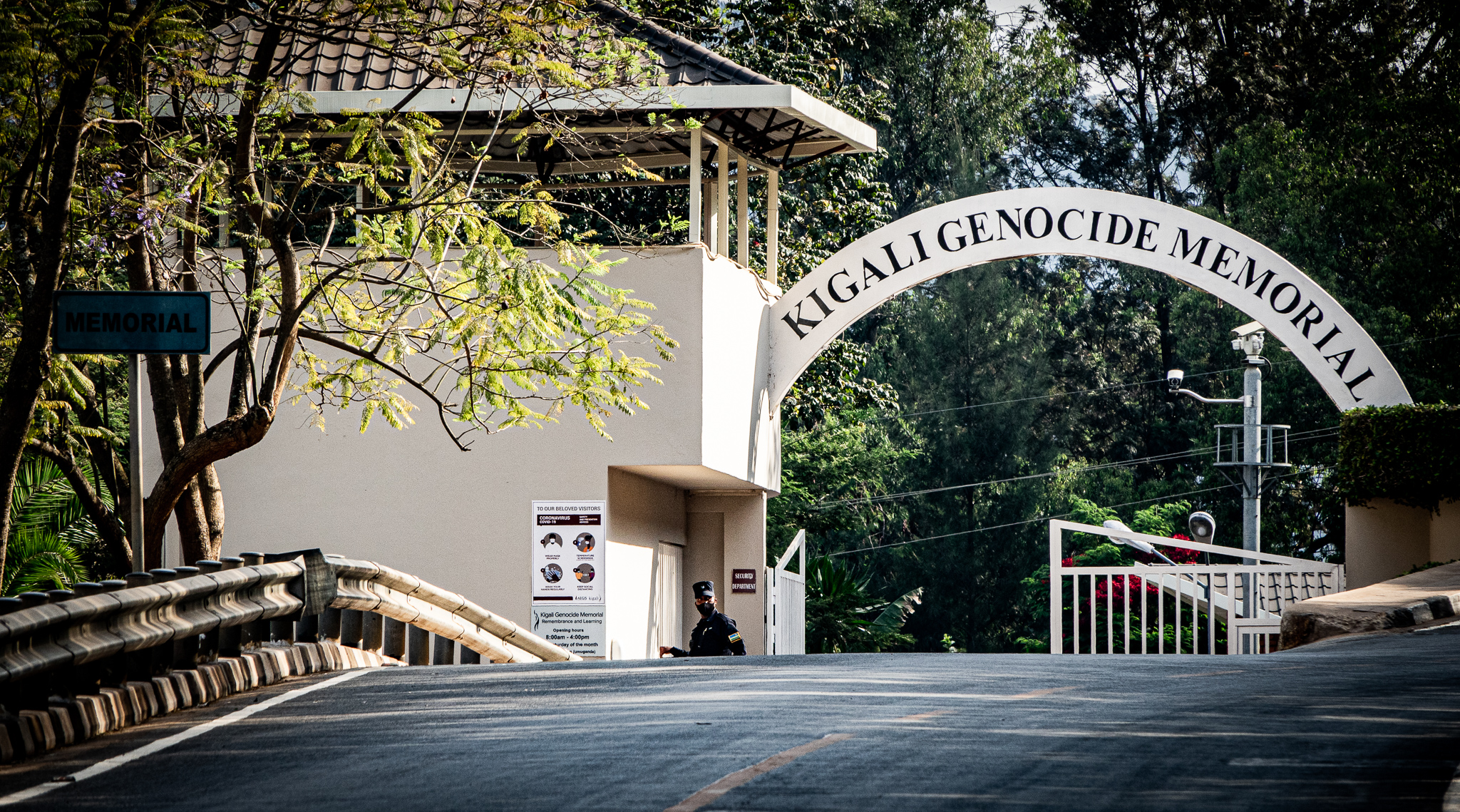Introduction
Discover a profound and emotionally stirring experience by embarking on the Kigali Genocide Memorial Tour in Rwanda. This memorial stands as a solemn tribute to the victims of the Rwandan Genocide against Tutsi of 1994 and offers visitors a chance to understand the country's history, resilience, and commitment to reconciliation. In this guide, we'll delve into the details of this tour, provide essential tips for a meaningful visit, and highlight its importance in Rwanda's healing process.
Understanding the Kigali Genocide Memorial: The Kigali Genocide Memorial, located in the capital city of Rwanda, serves as a powerful reminder of the tragic events that unfolded in 1994 when ethnic violence tore the nation apart. The memorial is dedicated to the memory of over one million lives lost during the genocide.
What to Expect on the Tour:
-
Educational Exhibits: The memorial features compelling exhibits, including photographs, personal testimonies, and artifacts, providing a comprehensive overview of the genocide's history.
-
Gardens of Remembrance: Stroll through the beautifully maintained gardens that offer a serene space for reflection and remembrance.
-
Memorial Gardens: Pay respects at the mass graves and memorial gardens where victims are laid to rest, symbolizing the nation's commitment to healing and unity.
-
Educational Films: Engage with insightful documentaries that offer deeper insights into the genocide's causes, impact, and the nation's journey towards reconciliation.
Tips for Your Visit:
-
Respectful Attire: As a place of mourning and reflection, it's important to dress modestly and respectfully during your visit.
-
Guided Tours: Consider joining a guided tour to gain a deeper understanding of the exhibits and historical context.
-
Quiet Contemplation: Be prepared for an emotionally charged experience. Allow time for quiet contemplation as you navigate the memorial.
-
Photography: While photography is allowed, remember to do so discreetly and respectfully.
-
Plan Ahead: Check the memorial's opening hours and any entry fees in advance to avoid any inconvenience.
Why It Matters: The Kigali Genocide Memorial isn't just a historical site; it's a testament to Rwanda's remarkable journey towards reconciliation and unity. By understanding the tragic past, visitors can appreciate the incredible resilience and strength of the Rwandan people. Your visit contributes to honoring the memory of the victims and supporting Rwanda's ongoing healing process.
Conclusion: The Kigali Genocide Memorial Tour is a profound and educational experience that provides essential insights into Rwanda's history and resilience. By paying your respects and understanding the nation's commitment to reconciliation, you can play a small but meaningful part in promoting peace and healing in this remarkable country. Plan your visit today and embark on a journey of remembrance, education, and hope.
